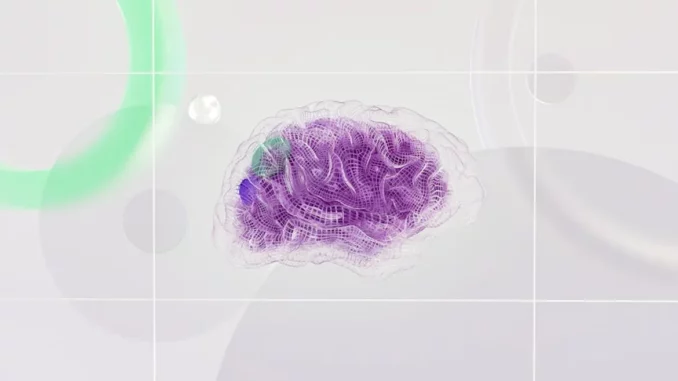
In the dynamic environment of a bustling hospital, where the ceaseless activity of healthcare professionals sets the tempo for critical, life-saving operations, an unexpected ally has quietly emerged. This new contributor is not a practitioner or an avant-garde piece of medical equipment but a technological tool: OpenAI’s ChatGPT. Originating outside the clinical sphere, this AI-driven innovation is carving out a significant niche within hospitals, pharmaceutical companies, and cancer care centres. To delve into this transformative shift, I engaged in a discussion with Dr. Emily Carter, a seasoned oncologist at Greenfield Medical Centre, who has seamlessly integrated this technology into her professional routine.
Dr. Carter, connecting with me via a virtual interview, exudes an enthusiasm for her vocation that is palpable even across digital screens. “The first time I heard about ChatGPT,” she recalls with a laugh, “was from my teenage daughter, who used it for her homework. I never envisaged it becoming an integral part of my daily hospital routine.” Despite her initial scepticism, Dr. Carter and her team soon recognised the transformative potential of generative AI tools like ChatGPT in enhancing their practice. “We exercise a great deal of caution in its application,” she clarifies. “The aim is not to replace human judgement or expertise but to bolster our capabilities.”
One primary scenario where ChatGPT has proven invaluable is in the summarisation of complex medical records. On any typical day, Dr. Carter navigates through voluminous pages of patient histories, test results, and medical notes. “It can be overwhelming,” she confides. “However, with ChatGPT, I can swiftly generate coherent summaries, allowing me to dedicate more time to patient care rather than paperwork.” The AI’s assistance in this area has been transformative, enabling her to maintain a more patient-centred approach without being bogged down by administrative burdens.
The discussion naturally shifts to treatment planning, where Dr. Carter’s passion becomes even more evident. “We employ ChatGPT to suggest potential treatment pathways, which we then assess and refine. It’s akin to having an assistant ready with a second opinion at any given moment.” This approach is particularly advantageous in the realm of cancer care, where treatment options are both numerous and continually evolving. Despite the benefits, Dr. Carter underscores the necessity of human oversight. “We never allow it to make decisions or interact directly with patients,” she asserts. “Each suggestion is rigorously validated by a human expert, ensuring that we uphold the highest standards of care.”
Dr. Carter also highlights the AI’s ability to simplify complex medical terminology, making it accessible to patients. “Effective communication is paramount in medicine, and ChatGPT helps bridge the gap between intricate medical knowledge and patient comprehension.” This capability has empowered her patients, enabling them to engage more actively in their treatment plans and fostering a more collaborative healthcare experience.
Naturally, the conversation turns to the inherent risks associated with AI, particularly the potential for “hallucinations”—the generation of inaccurate or nonsensical information. While Dr. Carter acknowledges these risks, she remains unperturbed. “We are fully aware of the potential downsides and mitigate them by keeping the AI’s role narrowly defined and closely supervised. It’s a tool, not a panacea.” Her perspective is echoed throughout the healthcare sector, where institutions like Greenfield Medical Centre are adopting generative AI for an array of purposes, from ambient scribing to clinical decision support. The ability of this technology to synthesise vast data sources into coherent, actionable insights is invaluable in a field where both time and accuracy are of the essence.
As our conversation comes to an end, Dr. Carter reflects on the broader implications of AI within healthcare. “We are merely scratching the surface,” she muses. “As these technologies advance, so too will our capacity to deliver personalised, efficient, and empathetic care.” In an era where healthcare systems are continually stretched to their limits, the advent of AI tools like ChatGPT is a timely and welcome development. Far from replacing the indispensable human touch, these technologies enhance it, allowing healthcare professionals to excel in their roles.
As I conclude our interview, I find myself with a renewed appreciation for the nuanced yet profound ways in which technology is reshaping the healthcare landscape. It is a domain where tradition harmonises with innovation, and tools like ChatGPT, initially designed for a disparate purpose, discover a new role—supporting those who dedicate their lives to helping others.


Be the first to comment